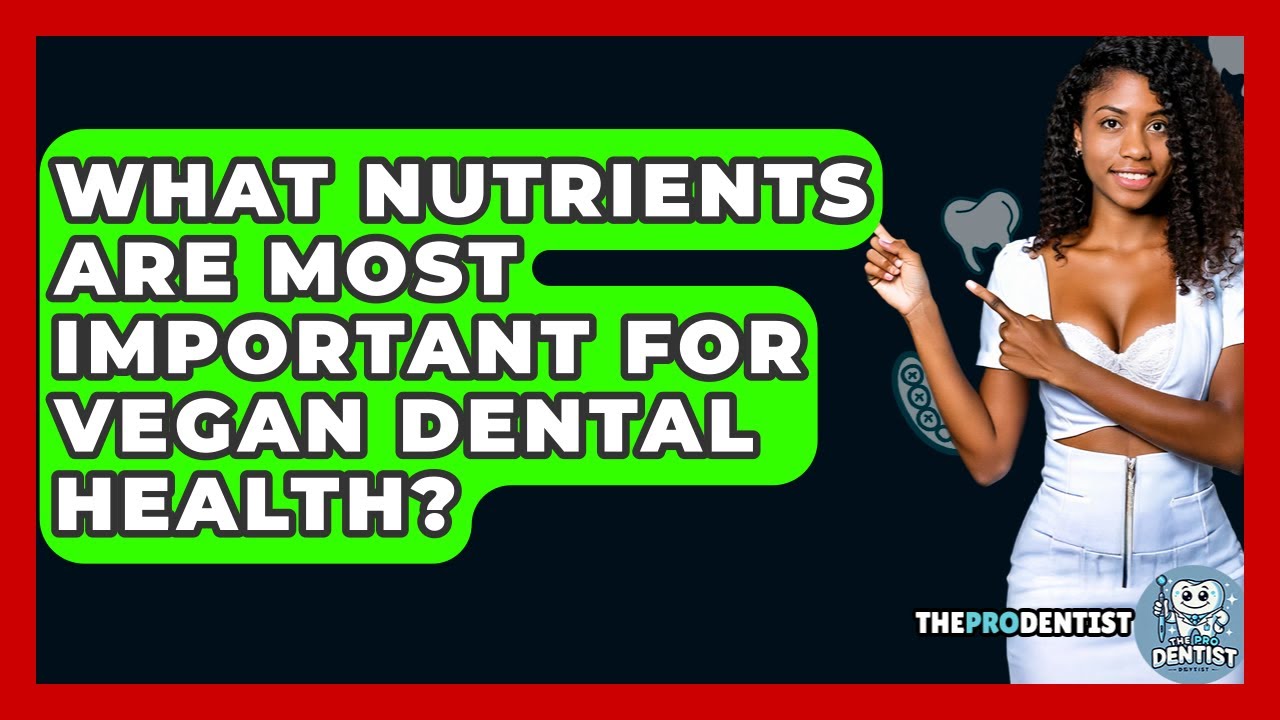So, you’ve embraced a plant-based diet. That’s fantastic for your overall health, the planet, you know, the whole package. But here’s a question you might not have asked in the checkout line: how does this lifestyle change affect your smile?
It’s not just about what you’re avoiding—it’s about what you’re now consuming, and more importantly, how those new foods interact with your oral environment. The truth is, a plant-based diet can be a double-edged sword for your teeth and gums. Get it right, and you’ll have a lot to smile about. Get it wrong, and you might face some unexpected dental dilemmas.
Let’s dive into the mouth of the matter.
The Bright Side: Oral Health Benefits of Going Plant-Based
First, the good news. Honestly, it’s really good. Shifting away from animal products and processed sugars can set the stage for a healthier mouth.
Reduced Inflammation, Happier Gums
Plant-based diets are often rich in anti-inflammatory foods. Think leafy greens, berries, nuts. Chronic inflammation is a key driver of gum disease (gingivitis and its nastier cousin, periodontitis). By flooding your system with antioxidants and phytonutrients, you’re essentially telling your gums to calm down. It’s like switching from a chaotic rock concert to a soothing symphony for your oral tissues.
A Less Acidic Environment
Many processed foods and sugary drinks create an acidic wasteland in your mouth, which erodes enamel and invites cavities. Whole plant foods, especially crunchy raw vegetables like carrots and celery, are generally less acidic. They also stimulate saliva—nature’s ultimate mouthwash—which helps to neutralize acids and wash away food particles.
The Other Side of the Coin: Potential Pitfalls & How to Avoid Them
Okay, here’s the deal. This is where most articles stop, but we’re going further. A plant-based diet isn’t automatically a free pass to perfect dental health. In fact, if you’re not mindful, you could run into a few specific issues.
The Sneaky Sugar in “Healthy” Foods
This is a big one. The health food aisle is littered with vegan traps—dried fruit, smoothies, sweetened plant milks, and organic candies. These foods are often sticky and high in sugar, clinging to the grooves of your teeth and throwing a party for cavity-causing bacteria.
Dried fruit, for instance, is like nature’s candy. It’s delicious, but it’s also concentrated sugar that gets stuck in every dental nook and cranny.
Nutrient Deficiencies That Directly Impact Oral Health
This is arguably the most critical consideration for oral health on a plant-based diet. Your teeth and gums are living tissues, and they need specific building blocks to stay strong.
| Nutrient | Role in Oral Health | Top Plant-Based Sources |
| Calcium | Strengthens jawbone and tooth enamel. | Fortified plant milks/yogurts, tofu (set with calcium), tempeh, kale, bok choy, tahini. |
| Vitamin D | Helps your body absorb calcium; anti-inflammatory. | Sunlight (the best source!), fortified foods, UV-exposed mushrooms. Consider a supplement, especially in winter. |
| Vitamin B12 | Crucial for healthy gum tissue and preventing mouth ulcers. | Fortified nutritional yeast, plant milks, or a reliable supplement. This is non-negotiable. |
| Iron | Prevents pale gums and tongue; supports immune function to fight oral infections. | Lentils, spinach, tofu, pumpkin seeds. Pair with Vitamin C (e.g., lemon juice, bell peppers) to boost absorption. |
| Phosphorus | Works with calcium to build strong teeth. | Pumpkin seeds, lentils, tofu, whole grains. |
Your Action Plan for a Plant-Powered Smile
Knowing the pitfalls is half the battle. The other half is having a simple, actionable plan. Here’s how to make sure your smile thrives on a plant-based diet.
1. Master the Art of Strategic Eating
It’s not just what you eat, but how and when you eat it.
- If you eat something sweet or acidic (like an orange or a date), have it as part of a meal rather than as a standalone snack. The other foods will help buffer the acids and reduce the contact time on your teeth.
- Rinse your mouth with water immediately after consuming sugary or acidic foods or drinks. Seriously, it’s a game-changer.
- Finish a meal with a “detergent” food. A crisp apple, some raw celery, or a carrot can help scrub the surface of your teeth.
2. Level Up Your Hydration
Water is your mouth’s best friend. It dilutes acids, helps wash away food debris, and is essential for producing robust, protective saliva. If your mouth feels dry often, that’s a red flag. Sip water throughout the day—don’t just guzzle it all at once.
3. Be Proactive, Not Reactive, with Nutrients
Don’t wait for a problem to arise. Honestly, get your blood levels checked for Vitamin D and B12 annually. Think of supplementation not as a failure, but as a smart, targeted strategy to fill in the gaps that even the healthiest diet might miss. It’s like an insurance policy for your smile.
Final Bite: It’s About Balance, Not Perfection
Navigating oral health on a plant-based diet is a journey of awareness. It’s about celebrating the powerful benefits while keeping a gentle, watchful eye on the potential downsides.
Your diet is a powerful tool, one that can build a foundation for a resilient, healthy mouth for years to come. But it requires a little foresight. So enjoy that green smoothie, savor that lentil curry, and crunch on that kale salad. Just remember to pair it all with a solid oral hygiene routine and the wisdom to nourish your body completely. Your smile will thank you.


